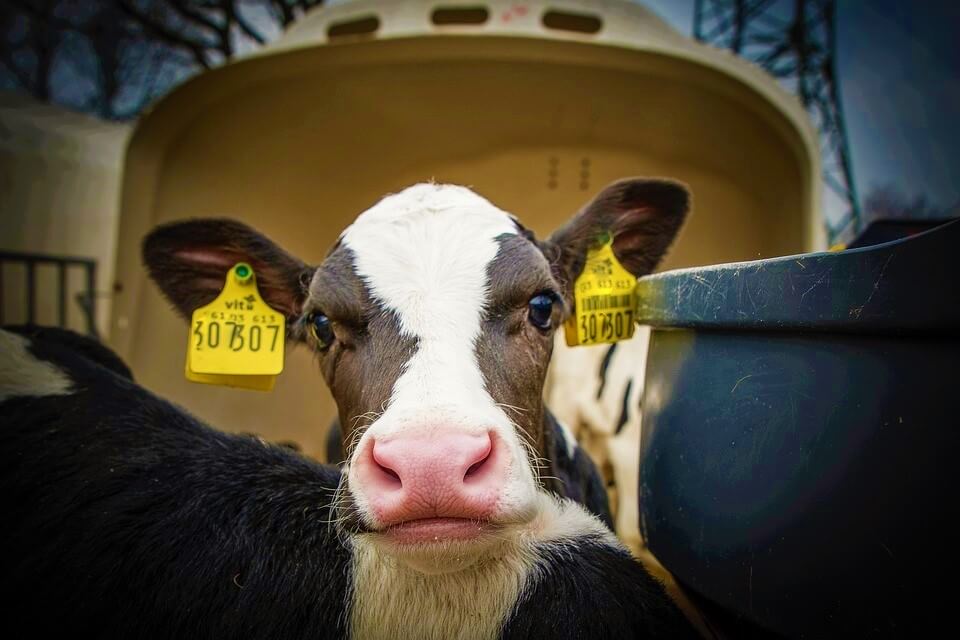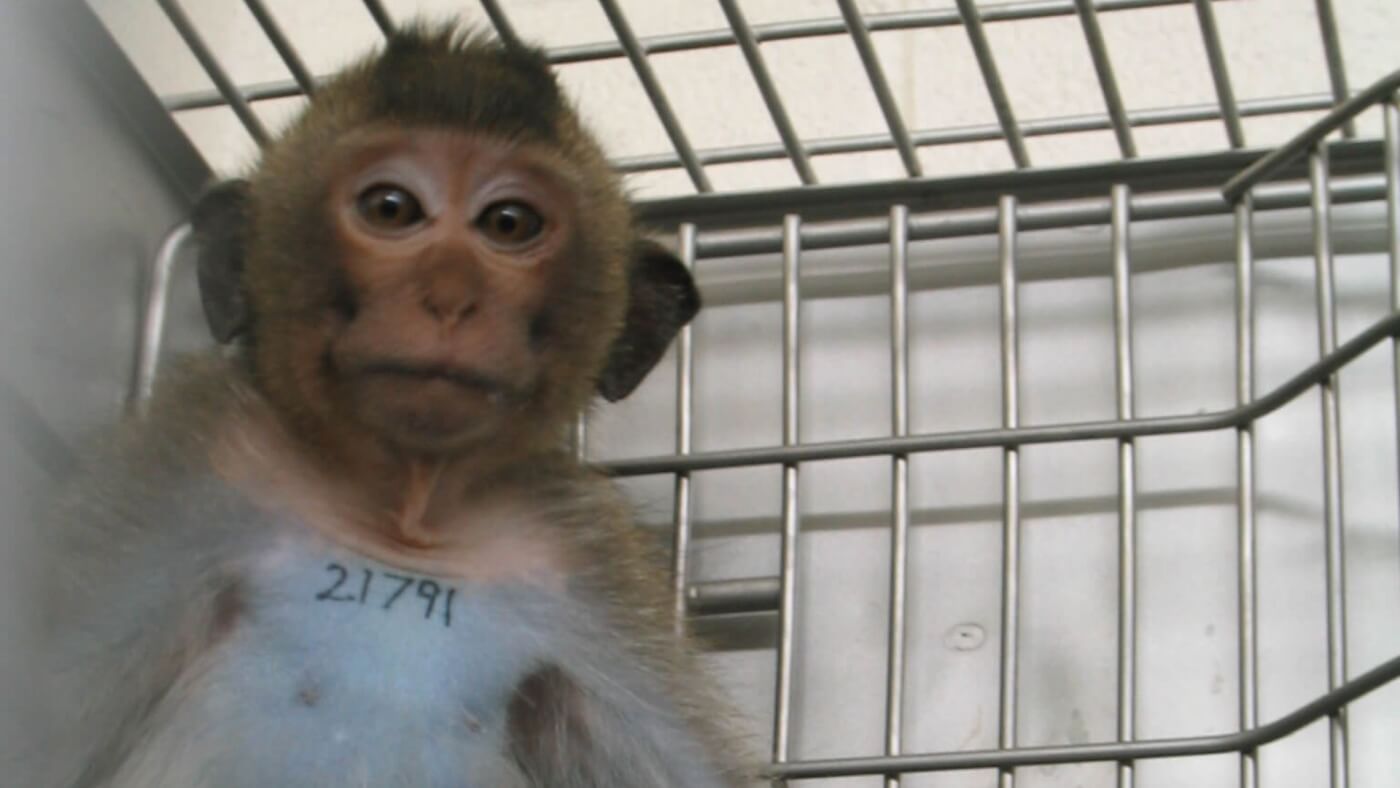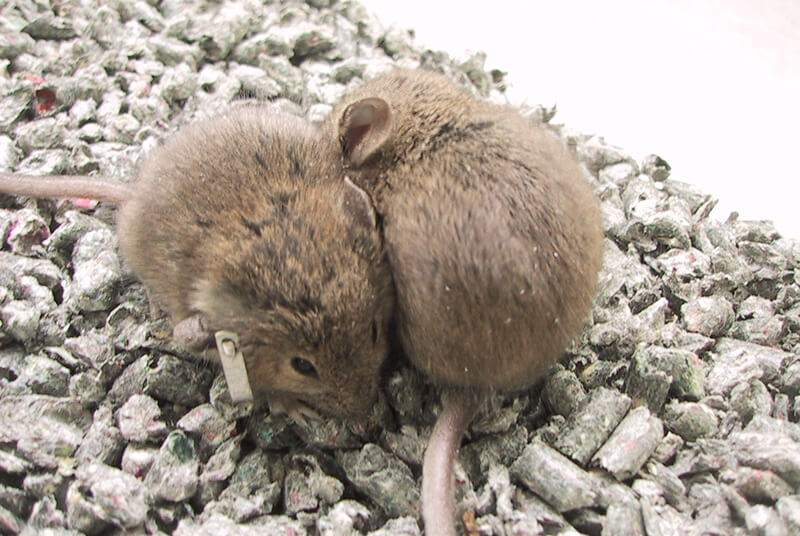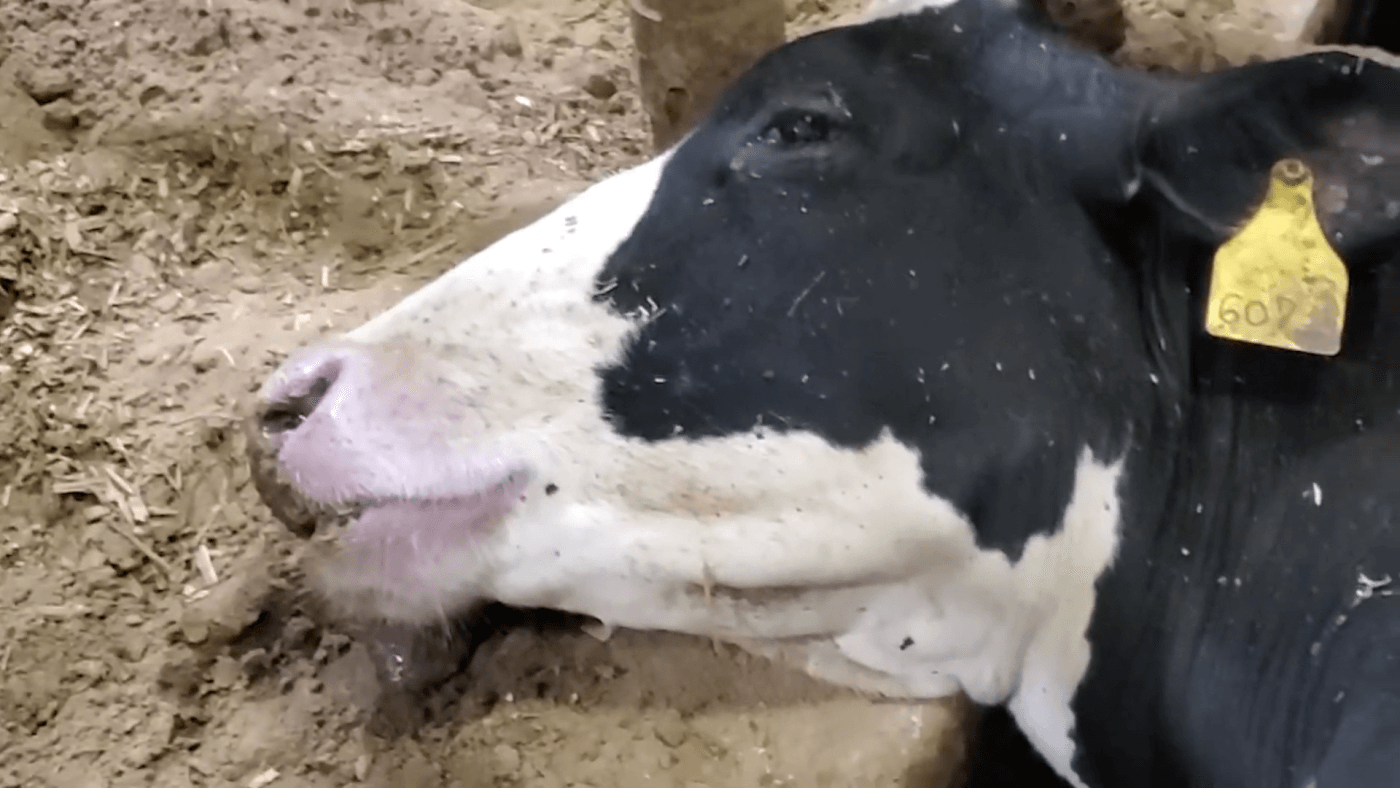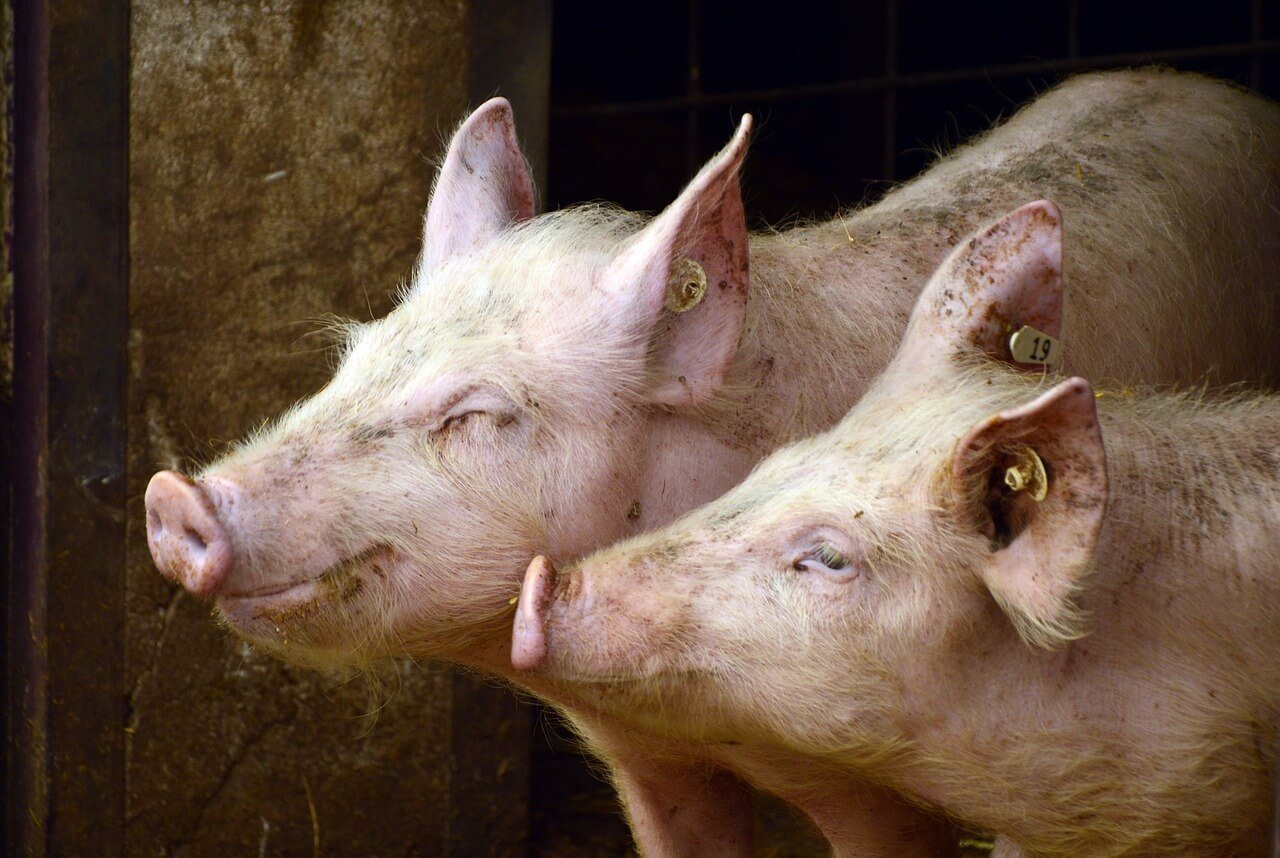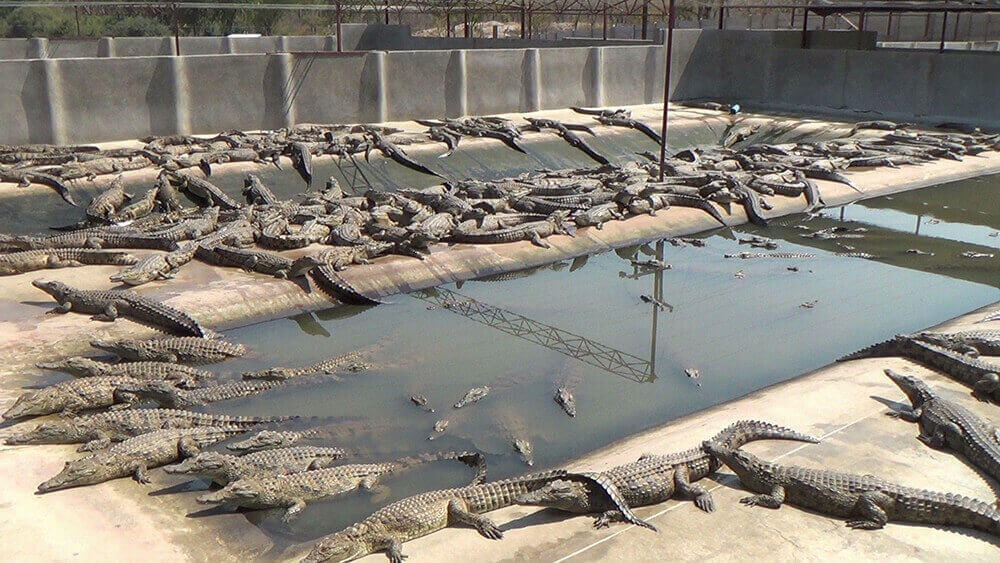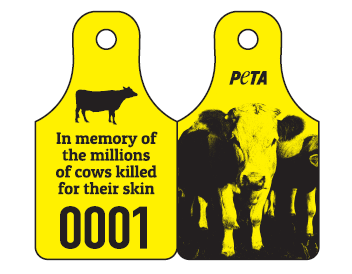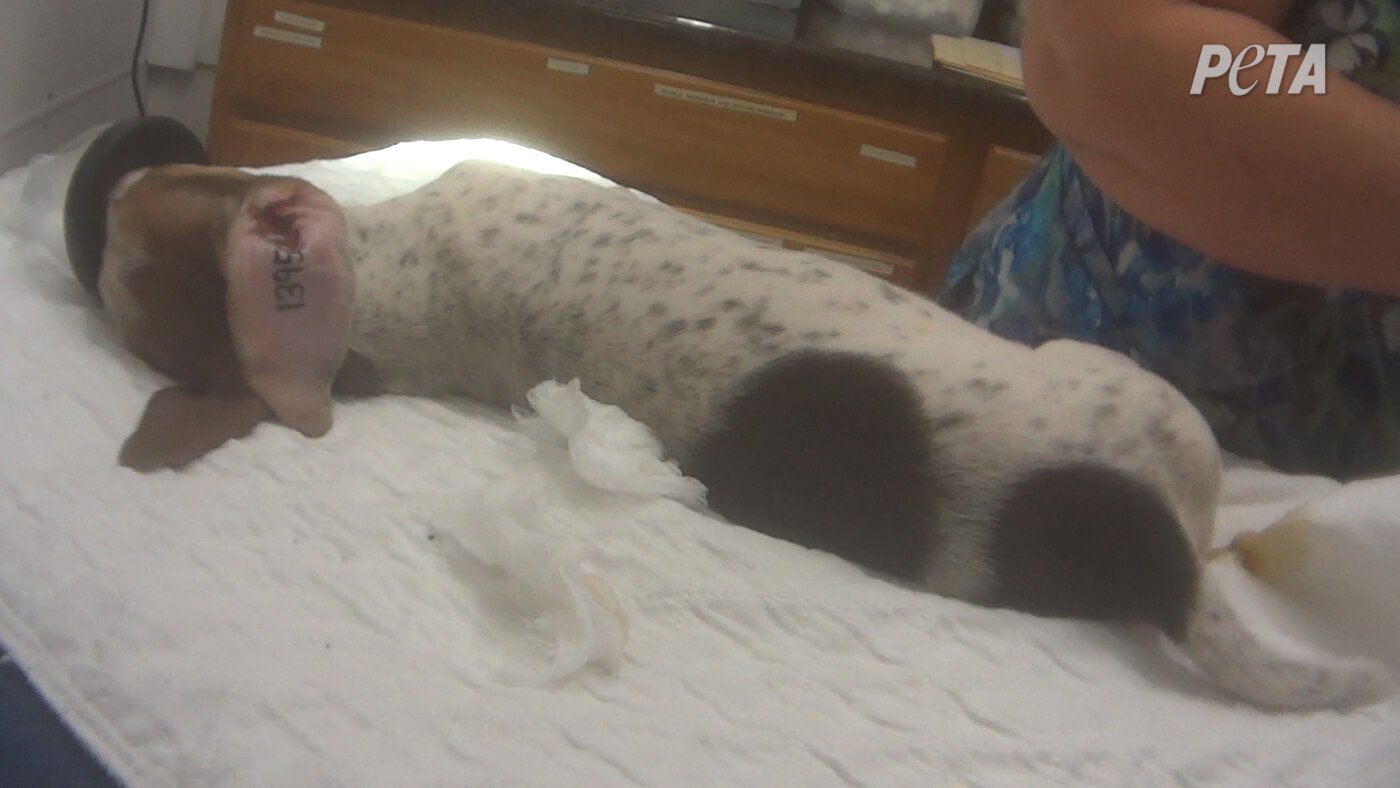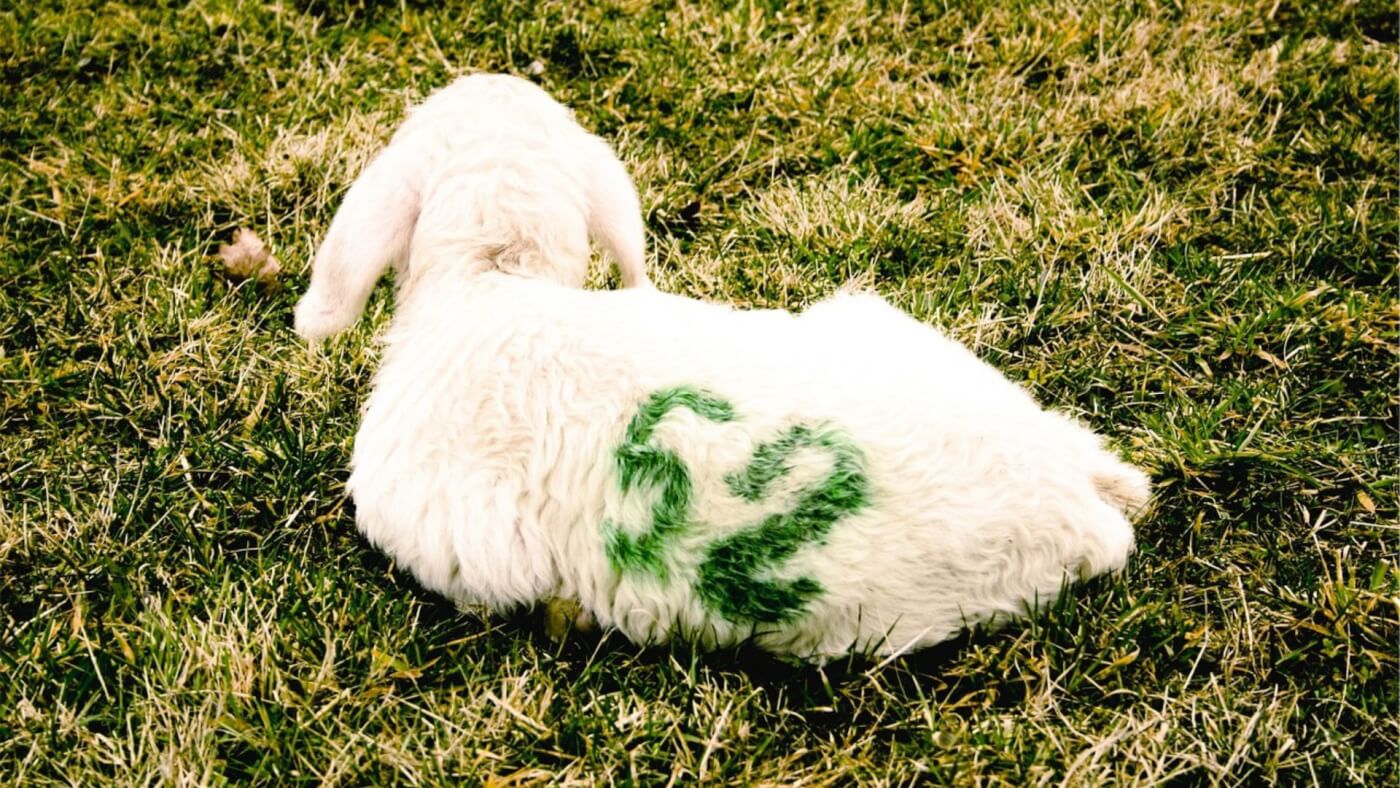To Label or to Liberate: Why Animals Aren’t Numbers
We’re all unique individuals, not numbers. Labeling and numbering have long been default modes of human behavior and organization. Relegating inanimate objects to the realm of numbers is one thing, but we should never do that to other species. An animal is not a number—and the lives of Samson the beagle, Ricardo the steer, and Clarke the dog particularly illuminate why treating them this way must stop.
Not a Number, Yet Humans Keep Labeling Animals as Digits
Whether the speciesist practice of numbering animals is applied to those who are used for experimentation, food, clothing, or other forms of exploitation, it’s always cruel and dismissive. Every animal is someone. Like us, they’re living, feeling individuals who deserve kindness and consideration.
Tattooed for Testing
Tattooing numbers on animals used in experiments—typically on their chests or inside their ears—isn’t just something you see in Guardians of the Galaxy, Vol. 3. Every day in laboratories around the world, this is done to mice, rats, rabbits, monkeys, dogs, bats, guinea pigs, hamsters, and others—all of whom suffer during the often-painful tattooing and the gruesome tests that follow.
These animals are regarded as nothing more than “research tools” in laboratories and treated as inanimate, unfeeling objects. Many of them live in barren, stainless-steel cages their entire lives—sometimes for decades. Almost none of them make it out alive.
Samson
Samson the beagle was rescued during a PETA investigation into Envigo’s massive breeding factory, which later closed. Once identified by a six-letter tattoo, he was one of the fortunate animals who survived and made it into a caring home.
But while stuck in a cage at Envigo’s prison, Samson was used as a breeding machine, reportedly resulting in hundreds of puppies’ births. He shied away from human contact because it often meant that he would be left soaked to the skin when workers sprayed his cage down with a high-pressure hose.
Thanks to PETA’s investigator, Samson was rescued just in time to spend Thanksgiving in a home with people who showed him kindness and respect. He saw snow for the first time and enjoyed a cozy Christmas with his new loving family.
Putting Numbers to the Test
Vivisection is no game. But if we’re going to play a numbers game with animals, it should be by looking at the record of the waste at the National Institutes of Health (NIH) by the numbers. PETA has long called out NIH for funding or conducting tons of egregious experiments. Hundreds of thousands of animals are imprisoned at the agency’s sprawling headquarters in Bethesda, Maryland.
The latest Guardians of the Galaxy film alluded to the way NIH, companies, colleges, and facilities conduct tests on animals. Its moving scenes encouraged viewers to feel compassion for other species. This inspired PETA to give director James Gunn the “Not a Number” Award.
We need to help free our fellow animals used for vivisection so they can be sent to reputable sanctuaries or adopted into loving homes.
Tagged for Food
Piercing numbered tags through cows’ ears or scalding their sides with branding irons is standard practice in the meat, dairy, and leather industries. These are among the multiple mutilations that cows raised for food may endure on farms.
These gregarious beings prefer to spend time with other cows, creating complex relationships. They form strong maternal bonds with their babies. On dairy farms, mother cows have been known to frantically cry out for their calves for several days after they’ve been separated.
But the beef, veal, and dairy industries treat them as mere units.
Ricardo
Ricardo the rogue steer reportedly escaped in mid-December 2023 from a local slaughterhouse before ending up along the train tracks near Newark Penn Station—where dozens of PETA’s “I’m ME, Not MEAT” ads had been placed for the holiday season.
After the steer was captured, he was taken to Skylands Animal Sanctuary & Rescue in Sussex County, New Jersey, and named Ricardo. Now, he’s enjoying the greatest gift of all: a safe home where he can roam free, graze, and socialize with other animals.
Ricardo’s tale is a celebratory one, but countless animals still suffering on farms and in slaughterhouses aren’t so lucky. Each year, the meat and dairy industries exploit and kill more than 29 million cows in the U.S. alone.
Pigs Tallied and Killed
Factory farm workers also force other animals, such as pigs, to endure procedures including ear-tagging (in which tags are punched into their ears) or ear-notching (in which entire notches are cut out)—all without pain relief.
These highly intelligent, friendly, and loyal animals enjoy spending hours playing, lying in the sun, and exploring their surroundings with their powerful sense of smell.
But in the meat industry, piglets are torn away from their distraught mothers just a few weeks after birth. Their tails are chopped off, the ends of their teeth are snipped off with pliers, and the males are castrated, all without painkillers. The young tagged pigs then spend their short lives in cramped pens on slabs of filthy concrete.
Cows, pigs, turkeys, chickens, fish, ducks, geese, and all other animals used for food are fascinating individuals who deserve our respect. You can save nearly 200 animals per year by going vegan.
Counted for Clothing
Humans confine animals—who are bred, counted as units, abused, and killed for clothing—to cramped stacked cages and crowded concrete pits. Whether they’re used for leather, fur, exotic skins, wool, mohair, down feathers, angora, silk, or cashmere, other species don’t exist for us to wear their body parts.
On an alligator factory farm in Winnie, Texas, that supplied skins to an Hermès-owned tannery, a PETA investigator found alligators kept in fetid water and dank, dark sheds without sunshine, fresh air, clean water, or even basic medical care. At just 1 year old, they were shot with a captive-bolt gun or crudely cut into while they were still conscious and able to feel pain.
PETA’s provocative campaigns keep urging clothing companies to stop using animals. In early 2019, we even created earrings—resembling numbered tags that are painfully pierced into cows’ ears—for humans to wear as a way to raise awareness of the countless bovines who are abused and killed for their skin (often termed “luxury leather”).
Since an Animal Is Not a Number, Honor Their Individuality
Numbering any animal normalizes calling them “it” rather than using a kind and appropriate pronoun to show respect for their individuality. Objectifying animals by assigning them numbers also perpetuates speciesism and does humans a disservice by ignoring our capabilities of compassion and connection.
Clarke
A PETA undercover investigation into The Veterinarians’ Blood Bank (TVBB) captured footage of animals with numbers tattooed inside their ears. We found a dog assigned the number “1395,” also known as Clarke, at TVBB—a business in Indiana that keeps nearly 900 dogs and cats perpetually confined to barren kennels and crowded pens and sells their blood to veterinary clinics.
Clarke was born at TVBB and separated from his mother, Jessie, when he was about 6 weeks old. One of nine puppies in his litter, he was just over 8 weeks old when he was tattooed. A worker said that blood could be drawn from Clarke and his siblings starting when they were 6 months old.
The investigation found that workers even bled animals who were elderly, emaciated, or sick with upper respiratory infections, bone cancer, and other conditions. Like Clarke, many of the animals were born and bred at TVBB, although the facility acquired others as strays or from staff who answered ads seeking homes for unwanted animals—and all of them were treated as units to exploit.
For the sake of individuals like Clarke, PETA hopes to give out many more “Not a Number” Awards to humans who are making remarkable strides for each animal relegated to being labeled as a digit.
A Number of Ways to Take Action
Don’t align with the practice of labeling. Help liberate animals instead by regularly checking and signing up for PETA’s action alerts. You are not a number and would never want to be perceived as or treated like one, so extending the same consideration to other animals, going vegan, and helping to end speciesism are the most logical and compassionate choices. And speak up about NIH’s unconscionable numbers by telling Congress to support PETA’s Research Modernization Deal (RMD):

